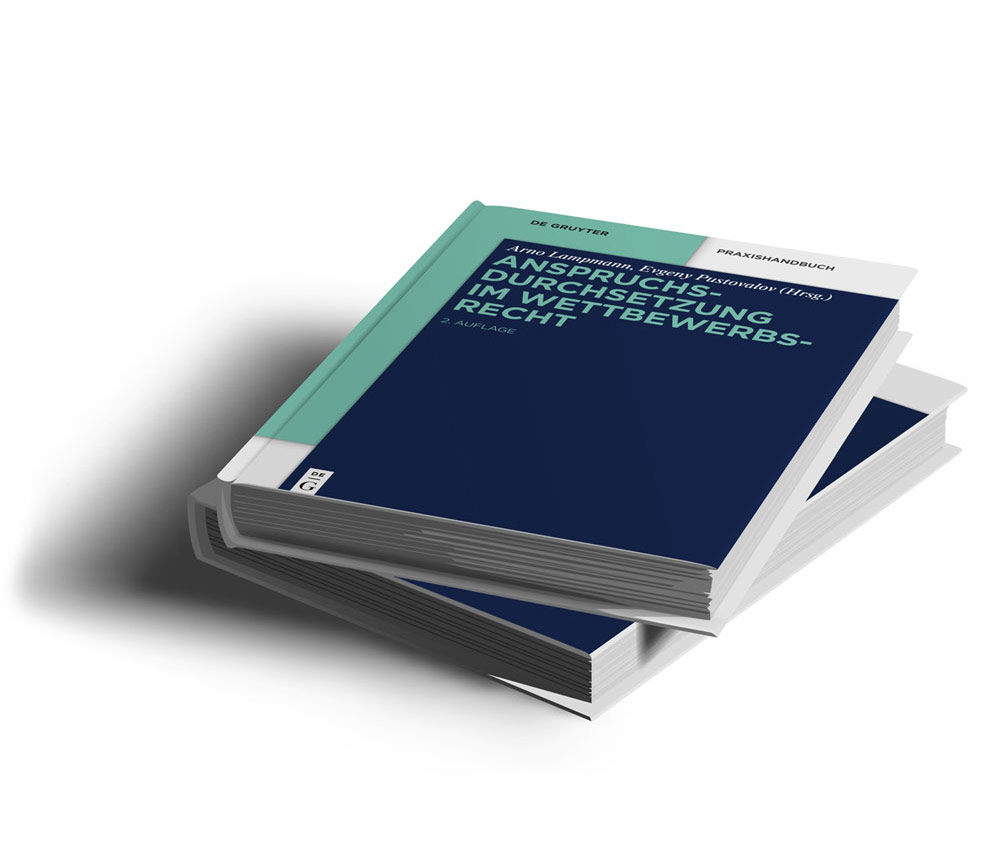Antitrust and competition law are essential core areas of commercial law that serve to enforce a free market economy. Antitrust law deals with agreements between companies, the monitoring of market-dominant positions and the control of mergers. Competition law, on the other hand, deals with the permissibility of individual business actions, such as individual advertising campaigns.
Both areas are not only important for large corporations. Especially medium-sized companies and start-ups should check the fairness of their marketing measures. Not only costly warnings can be avoided. Effective marketing within the bounds of what is permissible can provide the decisive competitive advantage. Antitrust law, on the other hand, takes the needs of small and medium-sized companies into account. So-called middle-class cartels enable competitive advantages over larger competitors.
Overview
Antitrust law
Antitrust law protects fair competition as an institution. It’s intended to guarantee free competition in a social market economy. To this end, antitrust law includes the prohibition of cartels, merger control and abuse control. Regulations on antitrust law can be found in the German Act against Restraints of Competition (GWB).
Ban on cartels and merger control
The ban on cartels is intended to put an end to concerted practices and agreements which have as their object or effect the prevention, restriction or distortion of competition. Merger control is intended to prevent entrepreneurial monopolies by restricting market positions. A monopoly position can arise, for example, if two companies merge after an acquisition and thereby become dominant. The competent antitrust authorities examine the market and monitor mergers.
Prohibition of abuse
The prohibition of abuse is intended to prevent dominant companies from abusing their position. For companies with a market share of one third or more, the prohibition of abuse requires fairness towards their competitors and prohibits discrimination. For example, a company may not demand different prices from suppliers without an objective reason.
Small and medium-sized enterprises
However, antitrust law is not only interesting for large corporations. Under certain conditions it allows so-called medium-sized cartels for small and medium-sized companies. This is intended to compensate for the disadvantages that small or medium-sized companies face when competing with a much larger company. To this end, small and medium-sized enterprises are allowed to coordinate their corporate policy to a certain extent. For example, they may make agreements on production, prices or distribution.
We are happy to help you with all questions regarding antitrust law.
Our services in antitrust law
- Advice on all questions of antitrust law
- Advice on questions regarding calls for boycott– Damage limitation in the event of antitrust violations
- Demand for omission of illegal behaviour, removal of legal consequences and compensation for damages
- Protection against repetition of the infringement by agreement of high contractual penalties
- Preparation of protective letters and filing of negative declaratory actions after unjustified claims
Competition law
Competition law protects fair competition in particular against aggressive and misleading business activities. It obliges entrepreneurs to comply with standards that regulate market conduct in the interest of market participants. It ensures fair competition by enabling competitors and associations to issue warnings against unfair business practices.
Market regulation by the Institute of Warning
If, for example, an entrepreneur gains an inadmissible competitive advantage through an unfair commercial act, competitors can, for example, send a warning to the entrepreneur. The issued warning has a market-regulating effect: the entrepreneur will generally comply with the warning and stop the unfair act. Accordingly, the unfair competitive advantage created is eliminated – in the interest of all.
Concept of commercial act
In simple terms, commercial acts are all behaviour in favour of one’s own or another company that increases the chances of achieving sales. This includes above all marketing and advertising activities.
Examples:
- Product or company advertising,
- statements about competitors or
- descriptive information about products or companies.
Competition law – Marketing in times of the Internet
On the Internet, the possibilities for profitable marketing are more diverse than ever before. So there is no question that entrepreneurs are entering the market and developing new strategies to successfully sell their products. But which marketing strategy is worthwhile? How can efficient marketing in the new media be guaranteed without costly warnings?
We are happy to help in all questions concerning competition law.
Our services in competition law
- The enforcement of claims after violations against competition law
- The pursuit against unfair advertising
- Pursuit of misleading advertising
- Pursuit of advertising with self-evidence
- The pursuit of counterfeit products
- Protection against warning letters and preliminary injunctions
- Negotiation strategy & process tactics


